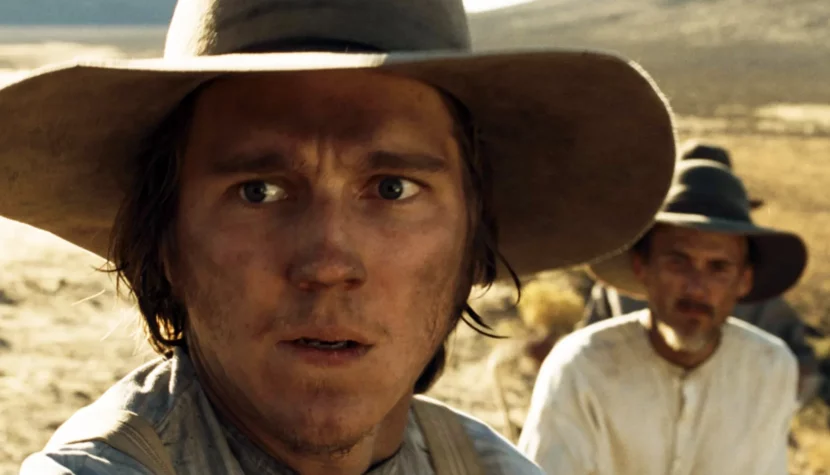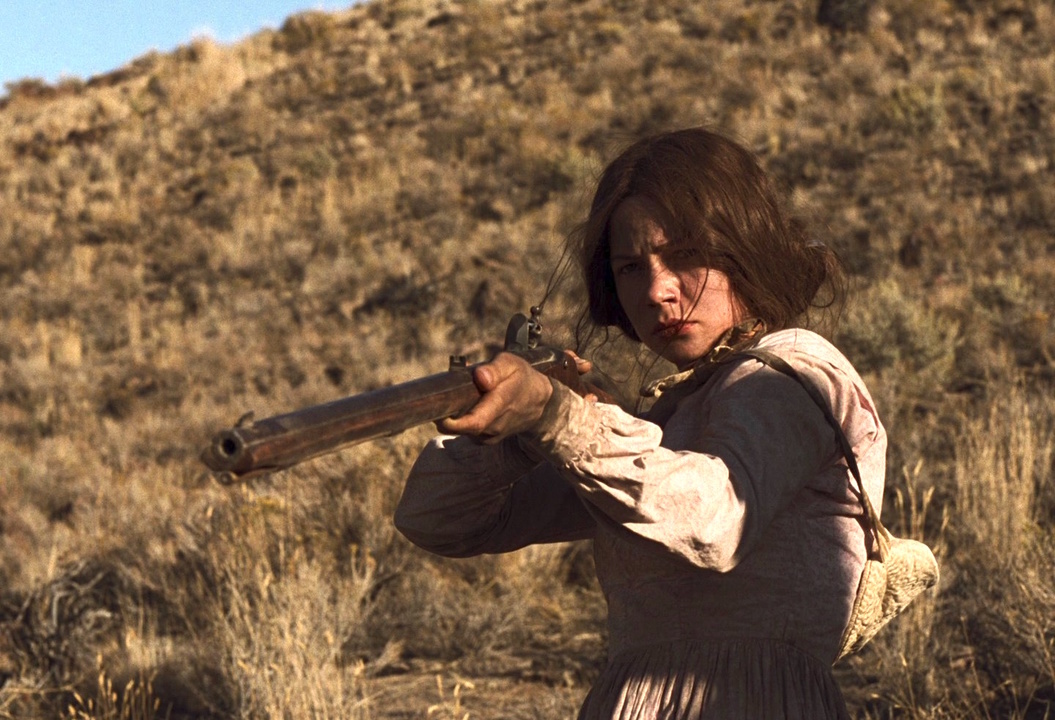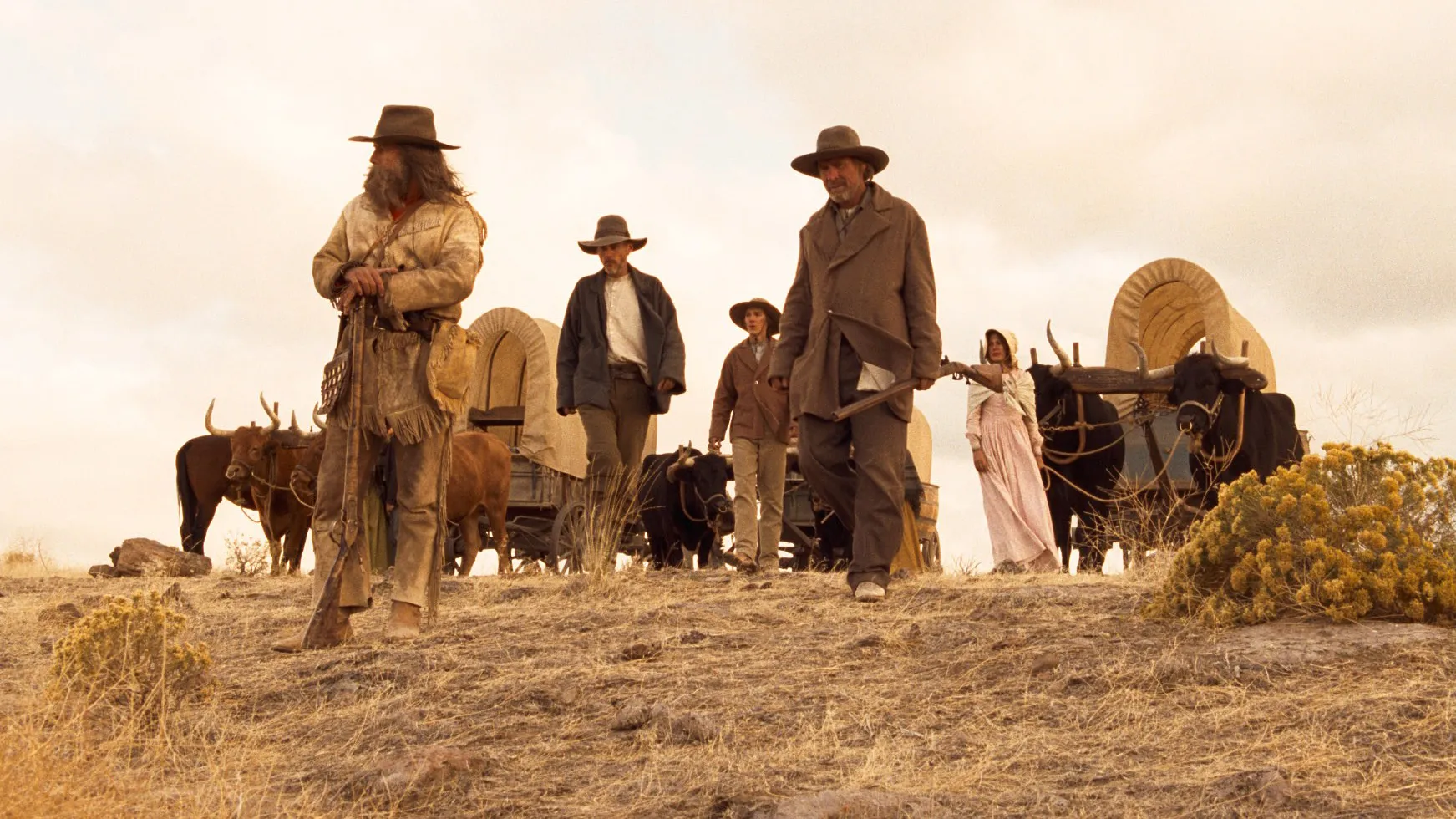MEEK’S CUTOFF. Somewhere between Hawks, Ford and the Judaean Desert

When heroes and heroines of Meek’s Cutoff, a slow cinema western directed by Kelly Reichardt, intensively travel through the embers of practically volcanic sand, one can see a massive reflection of Howard Hawks’ Red River in this particular film. In Red River, we can perceive a conflict between two unformal inequalities (the audacity and ego of an older man depicted by John Wayne versus the cuteness and instinct of Montgomery’s Clift character). Just like in Hawk’s plot, as well in Reichardt’s narrative, the same attributes are pictured by creating a brainy distinction between both genders. The vital youthfulness is changed here for a dejected femininity.

Besides, it is crucial to remember that it is not another Hollywood western drama that is – from the beginning – supposed to end happily and fortunately. It is rather a naturalistic, raucous (and, at the same time tranquil, practically silent) cinema, taking place in Oregon High Desert, which also can be called the Judaean Desert where the temptation of Christ took place.
In their small stagecoach, people not only don’t love themselves anymore. Lost in the heat and the light of a never-ending day, they are forced to struggle for survival. But whose fault exactly is it? Firstly, women and man are not treating each other equally. Too harsh men want to do everything on their own, they do not give any opportunity for their wives to participate in any decision making. While resting, the spectator is able to see really telling close-ups on women’s faces who are participating in this Satan’s journey. They are relatively disguised by the situation, by the brutal helplessness of their husbands and the fact that their real circumstances are hidden by them. There is no dialogue, no real conversation between husbands and wives. But is it really Satan who is manoeuvring their little (after all – long) journey? Men are looking for answers in empty (not useful for now) quotes from the Bible which they once comprehended and which – since then – they know by heart. Just ask yourself logically: are the words of Jesus something they necessarily need in their current situation?

So is it a God leading them towards sorrow and desolation?
Well, can I call husbands the patriarchates? Probably yes. Aren’t they too self-confident and non-empathetic men who treat their partners as reproductive objects which are supposed to survive the journey and fulfil their cravings and needs for another couple of years… when the road ends and they will be able to build a new home?
Both films also link the idea of a genre called anti-western with a compelling, yet dangerous and intense example of a road movie. On the other hand, as I have mentioned at the beginning, Red River’s finale is associated with smiles and happiness – heroes understand their bonds and friendship.
So maybe Reichardt’s film is closer to John’s Ford endings, as they are much more bittersweet and melancholic?

